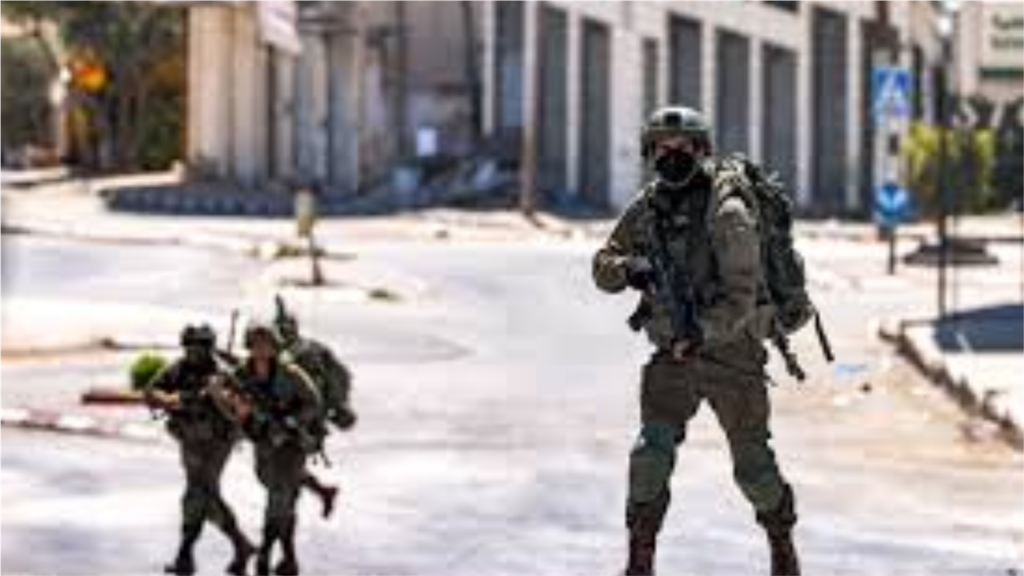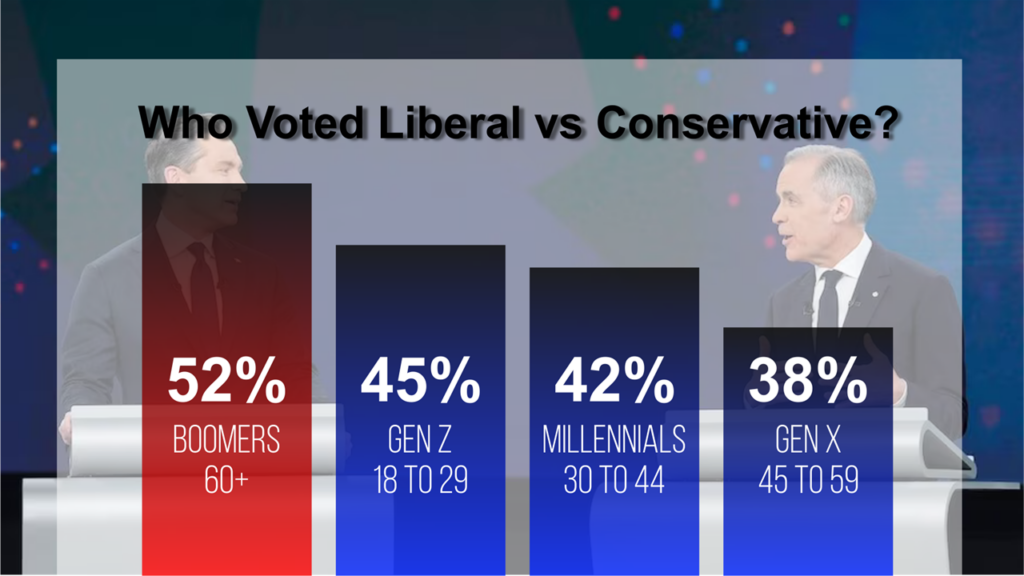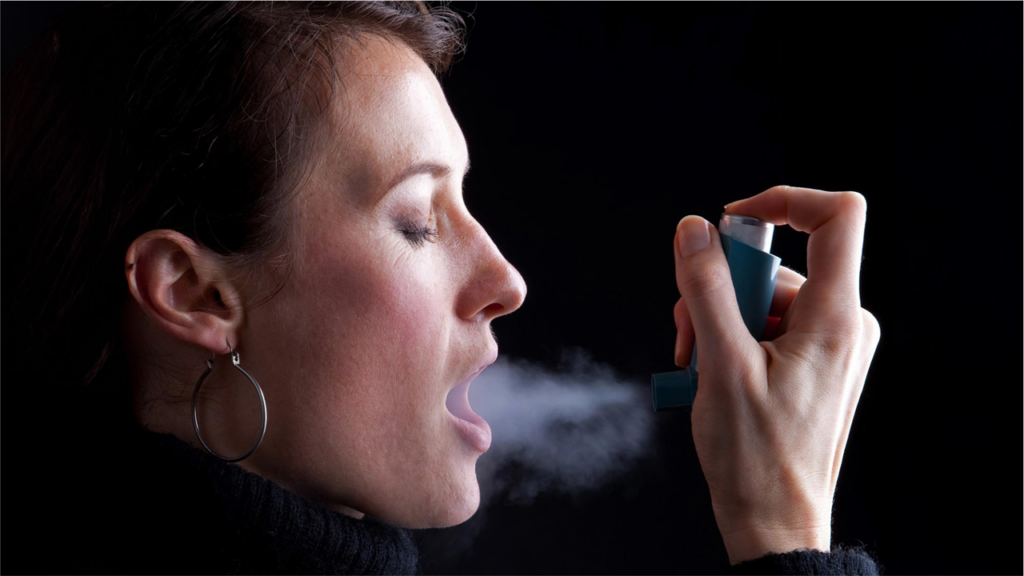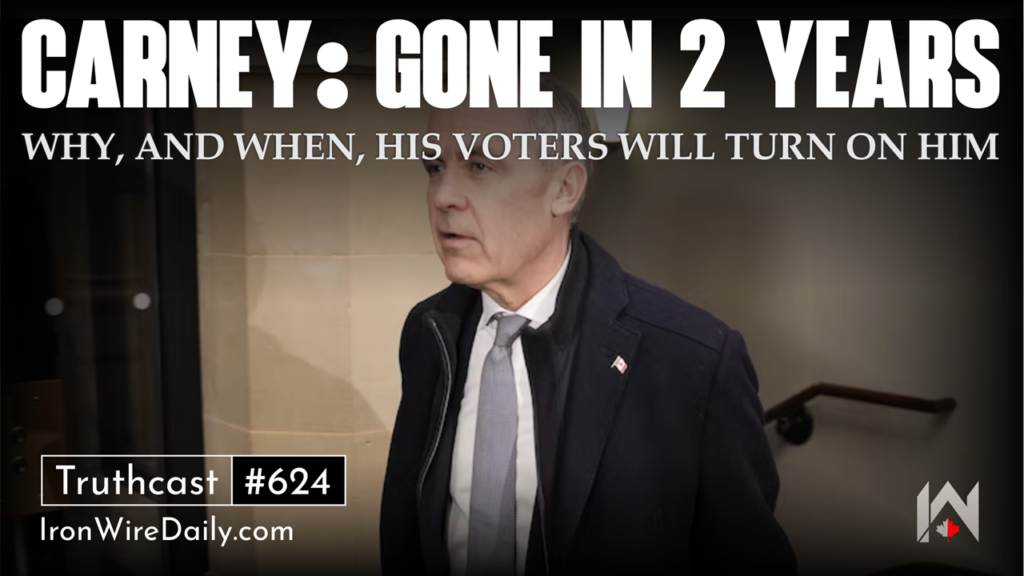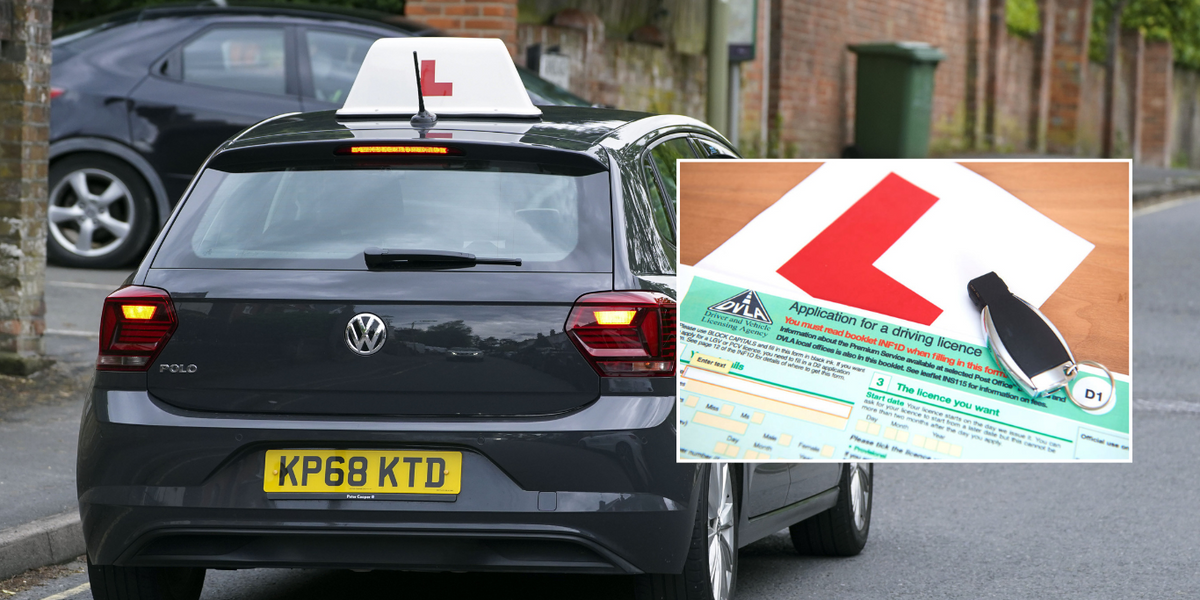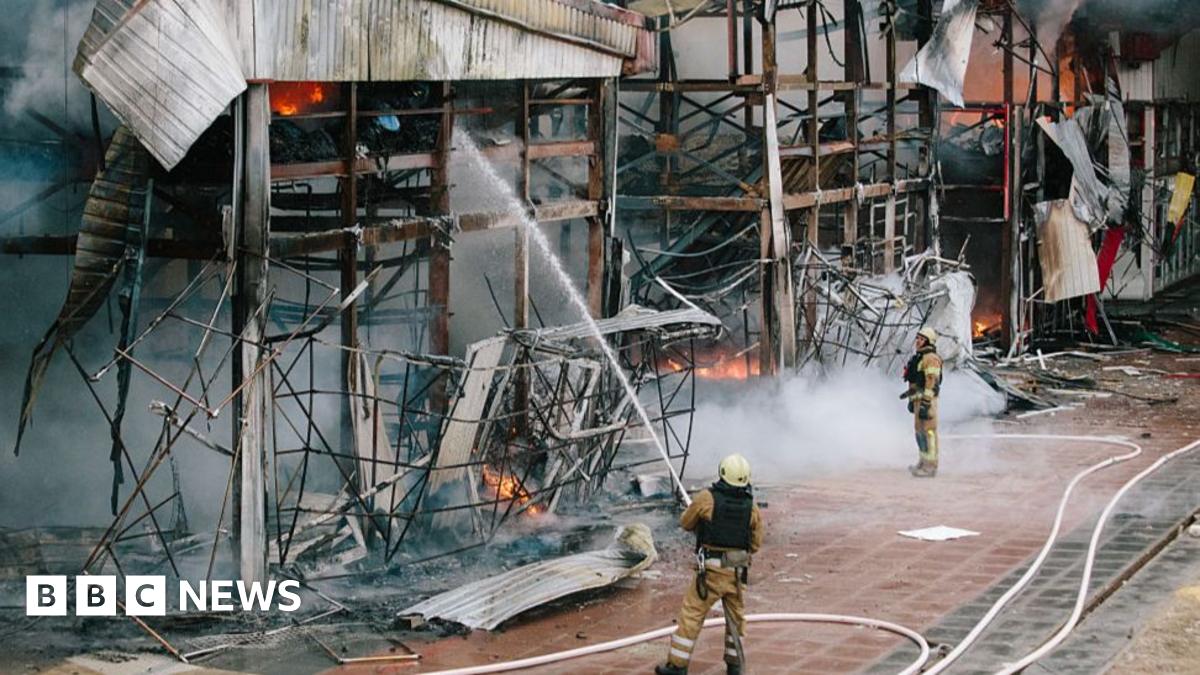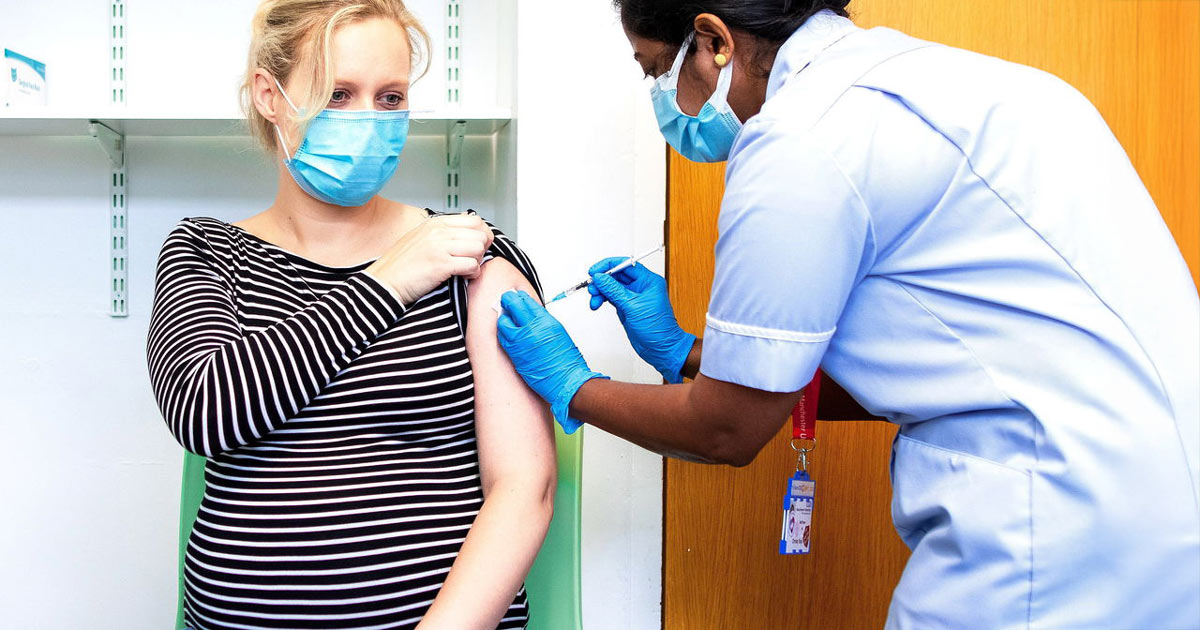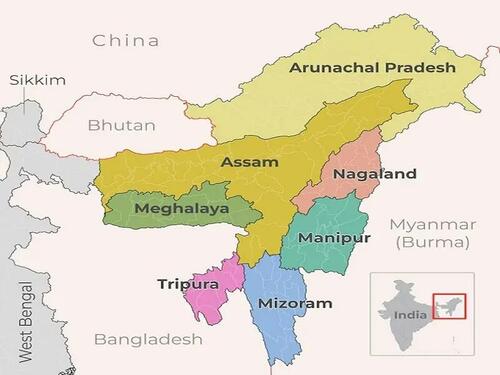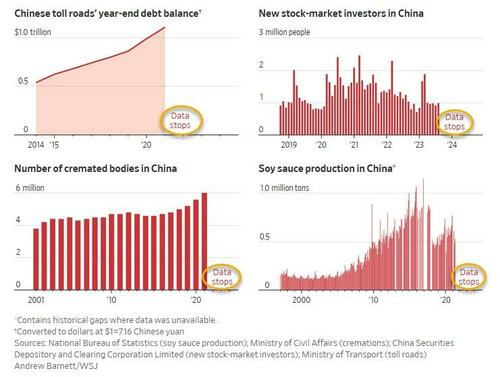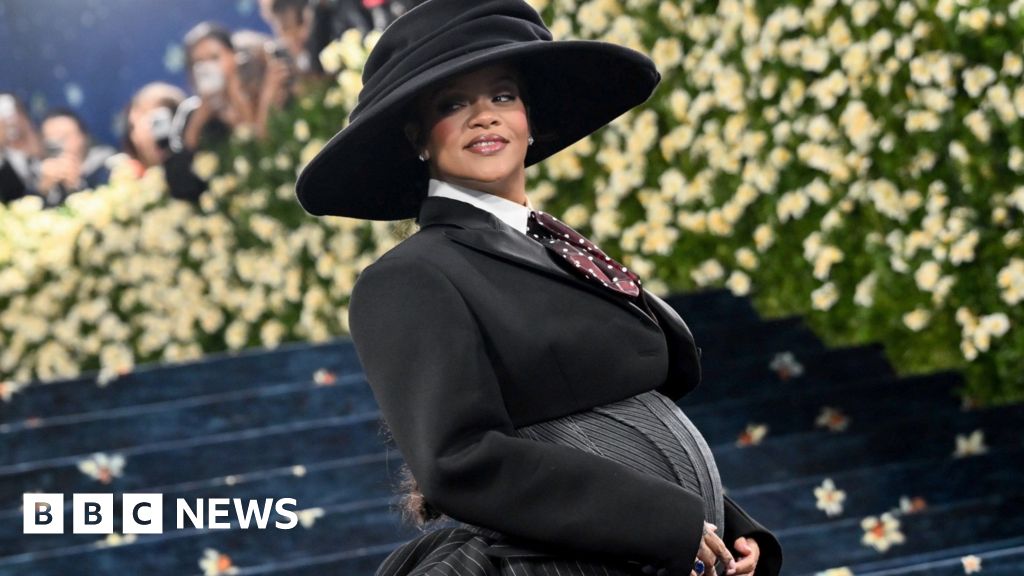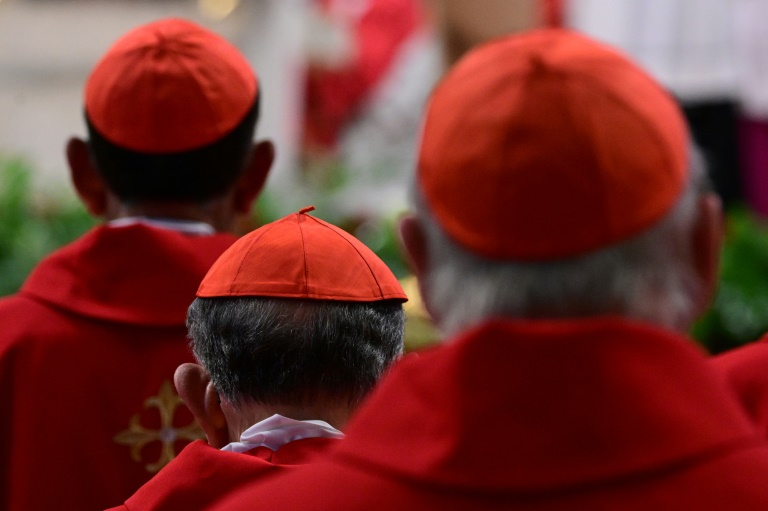Rebuilding the Church after Francis will be a ‘long and complex’ task: Catholic philosopher –

Mon May 5, 2025 – 3:41 pm EDTMon May 5, 2025 – 3:45 pm EDT
(LifeSiteNews) — In this exclusive interview, Stefano Fontana, a Catholic philosopher, author, journalist, and director of the Verona-based Cardinal Van Thuân International Observatory on the Social Doctrine of the Church, tells John-Henry Westen of the damage the last pontificate has done to the Church, what qualities the next Successor of Peter should have, and what hopes he holds for the future of the Church. Fontana’s original responses were in Italian and have been translated.
Which cardinal do you think is the best candidate to restore orthodoxy in the Church?
The internal situation of the conclave contrasts greatly with the gravity of the problems of the Church and with what is at stake. The recent pontificate has worked for a “new Church,” operating on all three levels: doctrinal, disciplinary and pastoral. There is a lot of wreckage, and the reconstruction will be long and complex without the help of Providence.
With respect to this situation, which is dramatic in many ways, the current composition of the conclave fuels many doubts. The new questionable appointment criteria have produced an excessive number of cardinals. Furthermore, many of them are not prepared to face the great problems of the Church today because they have often been recruited from among the so-called “street bishops,” or because they were appointed because of an affinity with Francis’ way of thinking and acting, and with limited and only local experience. This prevents us from going into the issues in depth. On the one hand, it lends itself to political bargaining between pressure groups, and on the other, it can produce decisions that are not sufficiently mature. Naturally, I too have some names in mind, even though I believe that, objectively speaking, they don’t have a great chance of being elected.
What are the most important qualities that the cardinals should look for in the next pope?
The first quality of the next pope should be theological certainty, his immunity from the theological modernism that with Francis has reached the top of the Church. The current crisis of the Church is certainly a crisis of faith, but above all in the sense of a crisis of awareness of what faith is. There is a concentration on the subjective aspect of faith and a neglect of its objective aspect. People believe they are experts about “how to believe” (pastoral aspect) and they neglect “what to believe” (dogmatic and doctrinal aspects). They have lost sight of the fact that the “how” is dictated by the “what”; pastoral care must conform to doctrine and not vice versa. For this reason, in my opinion, the first necessity is of a theological nature. If, with the next pope, the basic theological framework does not change, marginal aspects may change but nothing of substance will.
You are the director of the Cardinal Van Thuân Observatory on the Social Doctrine of the Church. From this point of view, how do you evaluate Francis’ pontificate and what do you hope for the next one?
During Francis’ pontificate, every trace of the Social Doctrine of the Church (DSC) was lost. Not only was the expression no longer used, and not only were its principles and criteria for evaluating the many new social phenomena ignored, but above all its philosophical and theological presuppositions were lost, without which it was reduced to social moralism and generic human solidarity.
The frame of reference for these foundations had held up, albeit with some difficulty, until Benedict XVI, but then much was lost. Those who had cultivated their commitment to the field of the Social Doctrine of the Church were sorely tried. The correct relationship between faith and reason has been abandoned, natural law and natural moral law have been forgotten, the missionary and evangelizing nature of the Social Doctrine of the Church are no longer mentioned, the doctrine of non-negotiable principles has been denied, sexual and conjugal morality have been revised on fundamental points, and the two encyclicals considered social themselves– Laudato si’ and Fratelli tutti – are not in continuity with the previous magisterium.
In the next pontificate the whole question of the Social Doctrine of the Church will have to be taken up again and brought back into its traditional context.
RELATED: Viganò tells Bannon the conclave’s authority is ‘compromised’ because of Bergoglio’s reign
What is the biggest crisis that the next pope faces following the papacy of Francis?
The central issue that, if it remains as it is, will represent a certain and widesweeping damage is that of synodality. Synodal practice can change the face of the Church in a short time, as has already happened in part.
It can destroy its hierarchical structure, it can make lay people drive the bishops; it can give theological substance to assemblyism; it can confuse the “people of God” with a sociological pressure group; it can break down universal unity into various regional components; it can make it so that over here one blesses and over there one does not, that over here a behavior is licit but over there illicit; that the liturgy becomes prey to local cultures; that one episcopal conferences legislates different from another in matters of doctrine; that the needs of the moment take precedence over those that are eternal; that liberal democracy enters the Church; that self-convocation from below becomes the rule; that the Catechism no longer exists but only catechisms; that listening precedes the demands of truth; that the papacy is not the final authority in matters of doctrine; that questions and doubts are fundamental because they foster synodal discussion; that the important thing is to decide together and in a shared way and not that what is decided is true and good. The main threat comes from the fact that synodality is a praxis that can change doctrine while remaining a praxis.
The first thing the next pope should do is suspend this synodal process.
How should faithful Catholics respond if a heterodox cardinal, such as Parolin or Zuppi, et al., is elected pope?
The situation described in the question was already present in Francis’ pontificate. In the case hypothesized by the question, the faithful will have to continue to behave as they have in these twelve years. We should also keep in mind that the processes set in motion will continue,even if a “moderate” pope is elected, to adopt the language of politics. Those processes will continue, and not only in Germany, because they are based on practice and not on doctrine, even if they are bearers of a new doctrine. The problem of “what to do” will therefore weigh on consciences for a long time to come, even if the worst predictions (Parolin, Zuppi or others) do not come true.
I do not believe that this conclave will be able immediately to resolve the thousand problems of the Church. In any case, it will take a long time, and many faithful have gained experience in the past 12 years and have trained themselves in a commitment characterized by fidelity to the Church, to the papacy as an ecclesial institution and not as an arbitrary exercise, to the truth of the deposit of faith not subject to the times or to new hermeneutics, to the relationship between reason and faith with the primacy of the latter, to the rejection of gnosis in its many forms, including those of today, and to the Social Kingship of Our Lord Jesus Christ.
Is it true that God chooses each individual pope, as many say?
The Holy Spirit is present at the Conclave and He is working; after all, He is always working. However, that said, one cannot deny the freedom and the responsibility of the person, which in the Church mysteriously come together with Providence and Grace. The Holy Spirit does not directly indicate a cardinal, but He does not deny His help to the cardinal electors, if they want it. This assistance of the Spirit involves all of His seven gifts, and it is up to the individual cardinals themselves to be open to them and guided by them.
RELATED: Amoris Laetitia is the key to understanding Pope Francis
